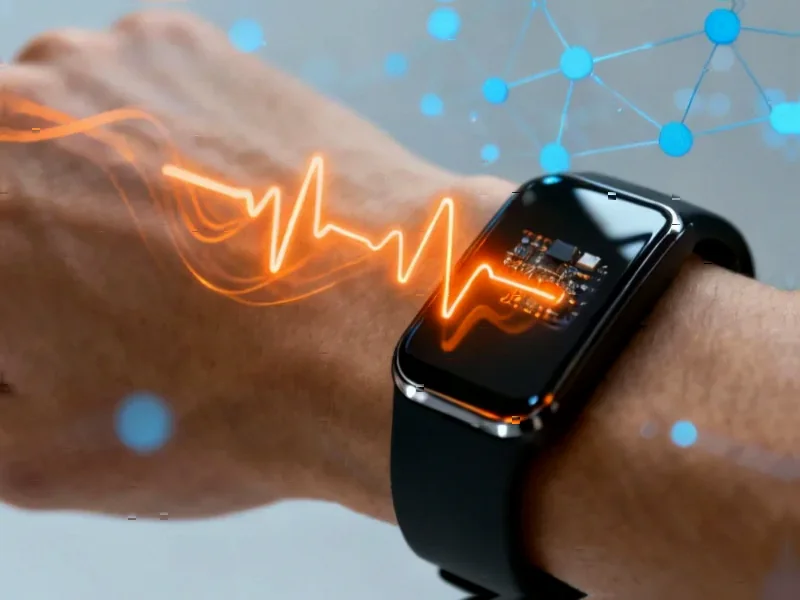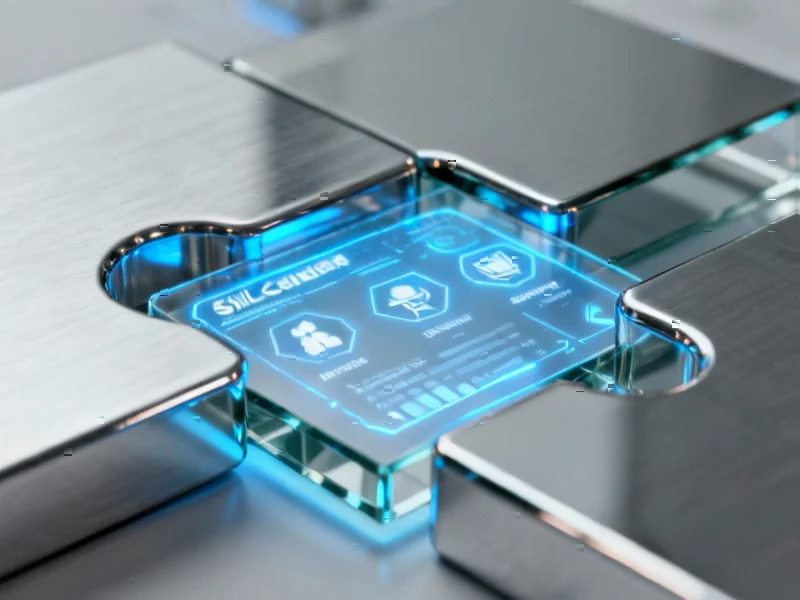Revolutionizing CAR-T Cell Therapy for Solid Tumors
Researchers have developed a groundbreaking approach to CAR-T cell therapy that addresses two major challenges in treating solid tumors: toxicity and limited efficacy. By engineering CAR-T cells to target STEAP1, a protein highly expressed in prostate cancer, and arming them with collagen-binding interleukin-12 (CBD-IL-12), scientists have created a more precise and potent cancer-fighting weapon., according to further reading
Table of Contents
The innovative technology represents a significant advancement in cancer immunotherapy, particularly for prostate cancer, which has historically been difficult to treat with conventional CAR-T approaches. What makes this development particularly promising is the dual mechanism: enhanced cancer-killing capability combined with reduced systemic toxicity.
Engineering Smarter CAR-T Cells
The research team designed several variations of IL-12 fused with collagen-binding domains (CBD) at different positions. These modifications allowed the cytokine to anchor to collagen-rich tumor environments while maintaining its immune-stimulating properties. The engineering process involved creating gamma-retroviral vectors for constitutive expression of the CAR targeting human STEAP1 alongside NFAT-driven expression of IL-12 variants., as as previously reported
Laboratory testing revealed crucial insights about the optimal configuration. Single CBD fusions (either N-terminal or C-terminal) demonstrated superior performance compared to double CBD fusions. The CBD-IL-12 and IL-12-CBD constructs showed efficient secretion upon stimulation, while the CBD-IL-12-CBD variant exhibited poor expression in primary mouse T cells despite working in other cell lines., according to market trends
Enhanced Cancer Cell Destruction with Reduced Side Effects
In preclinical models, the CBD-IL-12-armored CAR-T cells demonstrated remarkable capabilities. They effectively lysed STEAP1-positive prostate cancer cells while sparing healthy cells, showing significant improvement over conventional CAR-T cells. The armored cells also produced higher levels of interferon-gamma (IFNγ), indicating robust immune activation., according to market analysis
Perhaps most importantly, the collagen-binding modification dramatically improved safety profiles. While conventional IL-12-armored CAR-T cells caused elevated liver enzymes indicating hepatic toxicity, the CBD-IL-12 variants showed no such effects. This reduction in treatment-related toxicity addresses a major barrier to clinical translation of IL-12-based therapies., according to recent research
Superior Tumor Localization and Immune Memory
The collagen-binding mechanism proved crucial for concentrating the therapeutic effects where they’re needed most. Measurements showed significantly higher IL-12 levels within tumors treated with CBD-IL-12 CAR-T cells compared to those treated with conventional IL-12 CAR-T cells. Conversely, serum concentrations of IL-12 were substantially lower in the CBD-IL-12 group, demonstrating reduced systemic exposure., according to additional coverage
The therapy also induced robust anti-tumor immune memory. Complete responders rejected subsequent challenges with both STEAP1-positive and parental tumor cells, indicating the development of broad immune protection. This antigen spreading is particularly valuable for combating tumor heterogeneity, a common cause of treatment resistance and recurrence.
Transforming the Tumor Microenvironment
Analysis of the tumor microenvironment revealed how CBD-IL-12 CAR-T cells create favorable conditions for cancer elimination. The treatment increased levels of key immune mediators including IFNγ, CXCL9, and GM-CSF, which collectively promote anti-tumor immunity through multiple mechanisms.
The therapy also reshaped the immune cell landscape within tumors, increasing infiltration of CD8+ T cells, NK cells, and cross-presenting dendritic cells while reducing immunosuppressive monocytic MDSCs. These changes created a more permissive environment for immune-mediated tumor destruction and helped explain the observed antigen spreading.
Clinical Implications and Future Directions
This research represents a significant step forward in making CAR-T therapy viable for solid tumors. The collagen-binding approach provides a blueprint for localizing potent immune stimulators to tumor sites while minimizing systemic exposure. The 80% complete response rate observed in some treatment groups, combined with the reduced toxicity profile, suggests strong potential for clinical translation.
The success in treating prostate cancer, a malignancy with limited effective treatment options in advanced stages, highlights the broad applicability of this approach. As research progresses, similar strategies could be developed for other solid tumors characterized by collagen-rich microenvironments.
The study demonstrates how sophisticated bioengineering can overcome historical limitations in cancer immunotherapy. By designing smarter delivery systems that work with the body’s natural structures, researchers are opening new possibilities for effective, safe cancer treatments that harness the full power of the immune system.
Related Articles You May Find Interesting
- Trump’s Offshore Wind Policy Disrupts US Maritime Industry, Report Reveals
- Google’s Code Prefetch Optimizer Boosts Next-Gen Intel and AMD CPU Performance
- Tesla Shifts Gears: Musk Confirms Aggressive Production Expansion Following FSD
- Samsung’s Exynos 2600 Faces Production Hurdles as 2nm Yields Lag Behind Expectat
- Manufacturing Sector Emerges as Primary Target in Escalating Ransomware Crisis
This article aggregates information from publicly available sources. All trademarks and copyrights belong to their respective owners.
Note: Featured image is for illustrative purposes only and does not represent any specific product, service, or entity mentioned in this article.



